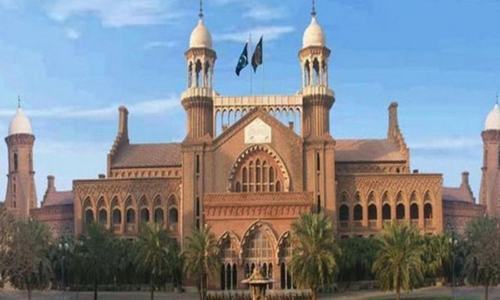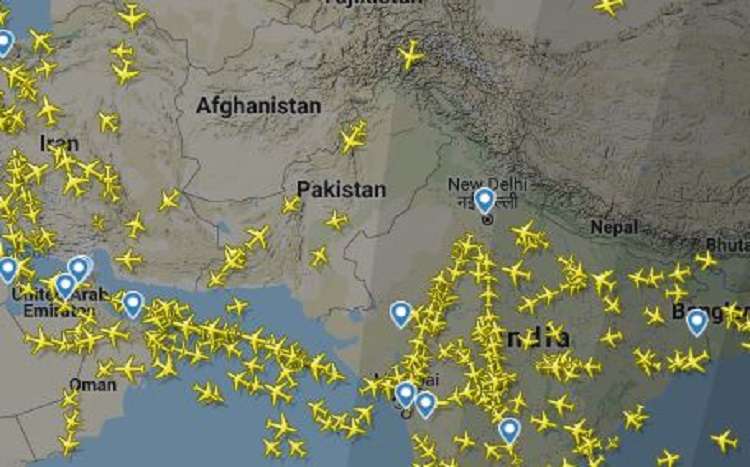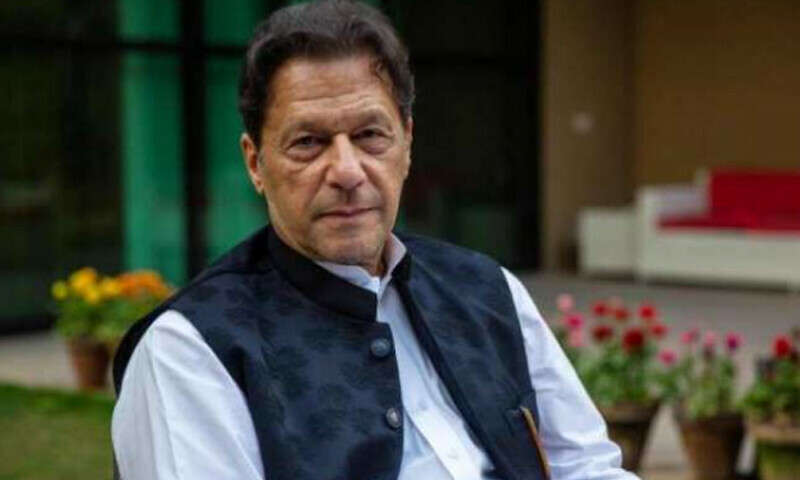LEGAL
Supreme Court Decision on Sunni Ittehad Council's Reserved Seats Criticized by Election Commission Sources
Following the Supreme Court's decision to nullify the Election Commission and Peshawar High Court's rulings regarding the Sunni Ittehad Council's reserved seats, Election Commission sources have issued a detailed response defending their actions.
Sources within the Election Commission stated unequivocally that the Commission did not misinterpret any legal decisions. They emphasized that there is no legal basis to declare the 41 members in question as independent candidates. The sources clarified that the Election Commission has never disputed PTI's status as a political party, which remains listed on their official website.
According to the Election Commission, the controversy arose from PTI's intra-party election, which the Commission did not validate. Despite PTI contesting this on various forums, the Election Commission's decision was upheld, leading to the withdrawal of PTI's bat symbol following the invalidation of their intra-party elections.
The Supreme Court's ruling declared 39 members as MNAs of PTI, recognizing their commitment to the party as stated in their nomination papers. However, Election Commission sources noted that to be officially recognized as a party candidate, one must submit the party ticket and declaration to the Returning Officer (RO), which these candidates did not do.
Election Commission sources explained that the 41 candidates did not indicate their affiliation with PTI in their nomination papers, leading the Returning Officers to classify them as independents. The sources asserted that there is no legal provision to declare these 41 members as independent candidates retroactively.
The Sunni Ittehad Council had appealed to the Supreme Court, which ultimately rejected their appeal, further complicating the situation.
Election Commission sources expressed confusion over the Supreme Court's directive to allocate specific seats to PTI, given that PTI was neither a party in the Election Commission nor before the Peshawar High Court or the Supreme Court.
The Supreme Court's 5-8 majority decision reaffirms PTI's status as a political party, entitled to women and minority reserved seats, and mandates that PTI submit their list for specific seats within 15 days. The decision also requires the 41 remaining members to provide an affidavit of party affiliation within the same period.
This decision has sparked a significant debate regarding the interpretation and application of electoral laws, highlighting the complexities involved in Pakistan's political and judicial landscape.



